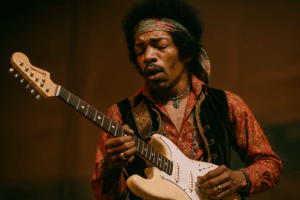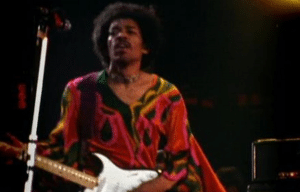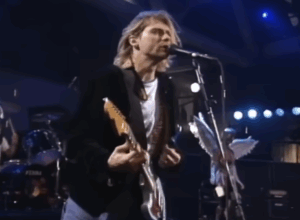Ex-Megadeth Bassist Says Ozzy’s Passing Matches the Global Impact of Queen Elizabeth II

via Ozzy's Official X
The death of Ozzy Osbourne on July 22, 2025, sent shockwaves across the globe. At 76, the legendary rocker’s passing marked the end of an era for fans of heavy metal and popular culture alike. His influence went far beyond music, shaping generations with his rebellious spirit, iconic performances, and larger-than-life persona.
Former Megadeth bassist David Ellefson captured this sentiment in an interview with Metal Hammer, offering a striking comparison that underscored the magnitude of the loss. Ellefson suggested that the cultural impact of Ozzy’s death rivaled that of monumental global events. He even likened it to the passing of Queen Elizabeth II, highlighting how the moment transcended traditional boundaries.
The remark resonated with many, not just within the music community, but across sports, entertainment, and everyday life. It was more than the loss of a musician—it was the loss of a cultural icon whose presence had shaped decades of music history.
View this post on Instagram
“The Osbournes as Royalty”
Ellefson reflected on the unprecedented outpouring of emotion from all walks of life. He noted how people from outside the music world—athletes, public figures, and everyday fans—joined in mourning. For him, the sheer reach of the reaction proved that Osbourne’s influence had become woven into the fabric of popular culture itself.
In a vivid example, Ellefson mentioned the infamous incident where Ozzy urinated on the Alamo in San Antonio. While once a controversy, the city now embraced it as part of their local lore. For Ellefson, this shift in perception demonstrated just how deeply embedded Ozzy was in cultural memory—flaws and all.
The bassist went further, suggesting that the Osbournes had become a kind of modern royal family, with Sharon Osbourne stepping into a symbolic leadership role. It was a statement that highlighted not just the family’s fame, but also the unique position they held in public imagination.
The Final Curtain Call
Osbourne’s death was not just another celebrity passing—it was marked by moments that solidified its historical significance. His final farewell concert with Black Sabbath in Birmingham drew millions of viewers from around the world. The performance carried a weight of nostalgia and closure, taking place in the very city where his career began.
The concert was a blend of celebration and mourning, reminding fans why Ozzy had been dubbed the “Prince of Darkness” while also offering a heartfelt goodbye. It was a reminder that, despite his declining health, he had continued to give everything to his fans until the very end.
That night became more than a show—it was a cultural moment. Fans saw it as a symbolic passing of the torch, not just for heavy metal, but for a chapter of music history that had shaped generations.
View this post on Instagram
A Legacy Beyond Music
While the emotional loss was profound, Osbourne’s passing also prompted practical discussions within the music industry. As Insurance Business Magazine reported, his death sparked a new wave of concern over the challenges of insuring aging rock legends. The risks associated with touring icons of the boomer generation were growing, forcing the industry to adapt.
This conversation went beyond Ozzy himself, touching on the broader reality of a music world where many beloved figures are now well into their senior years. Balancing the immense demand for their performances with the realities of age and health has become a pressing challenge.
Ellefson’s comparison to the passing of Queen Elizabeth II wasn’t just about the size of the public reaction—it also spoke to the lasting impact on institutions, traditions, and industries. Ozzy’s death was a cultural turning point, leaving behind not just memories, but also questions about the future of rock’s elder statesmen.











